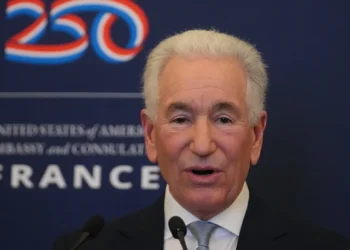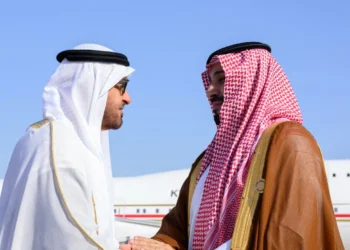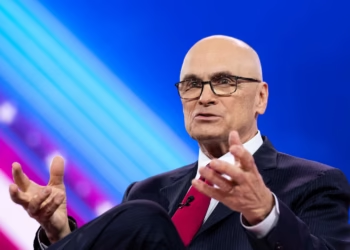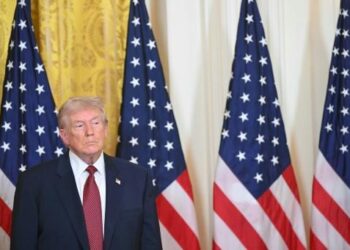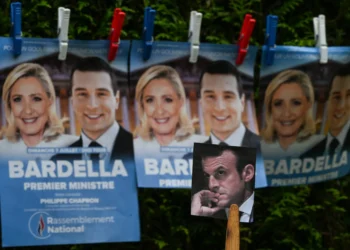NEW YORK (Realist English). Tiffany Trump, the daughter of U.S. President Donald Trump, and her husband Michael Boulos spent part of the summer aboard a luxury yacht owned by a Turkish billionaire with interests in Libyan oil, The New York Times reported Thursday.
The couple cruised the French Riviera on the Phoenix 2, a superyacht owned by Turkish businessman Ercüment Bayegan and his wife Ruya. The report did not clarify whether the Boulos family paid for the vessel’s use; the yacht’s last known charter cost exceeded $1.4 million per week.
The vacation coincided with the activities of Michael’s father, Massad Boulos, who serves as a Trump administration envoy to Africa and senior Middle East advisor. According to NYT and earlier reporting by Middle East Eye, Massad has been directly engaged in Libyan energy negotiations, including secret talks on potentially unfreezing billions of dollars in Libyan assets — a move that could violate UN sanctions.
Massad, a Lebanese-American businessman, played a prominent role mobilizing Arab-American support for Trump’s 2024 campaign. His informal diplomatic style has frustrated U.S. officials, who accuse him of blurring personal business with official duties. He has held private meetings with Libyan national security advisor Ibrahim Dbeibeh, a relative of Tripoli-based Prime Minister Abdul Hamid Dbeibeh, as well as with other regional figures.
Libya, divided between rival governments in Tripoli and the east, remains fractured more than a decade after the NATO-backed uprising that toppled Muammar Gaddafi. Its vast oil reserves have long attracted foreign interest, with Turkey, Russia, Egypt and the UAE backing opposing sides.
The Boulos family has previously faced scrutiny over lavish yachting. In August, NYT reported that Jared Kushner, Trump’s other son-in-law, was overcharged $2.5 million for a yacht by a brokerage firm owned by a Boulos relative.
The latest revelations highlight what diplomats describe as an increasingly complex web of business, politics and family interests surrounding the Trump administration’s role in Libya — and the potential conflicts they present as Washington pursues closer ties with North Africa.



